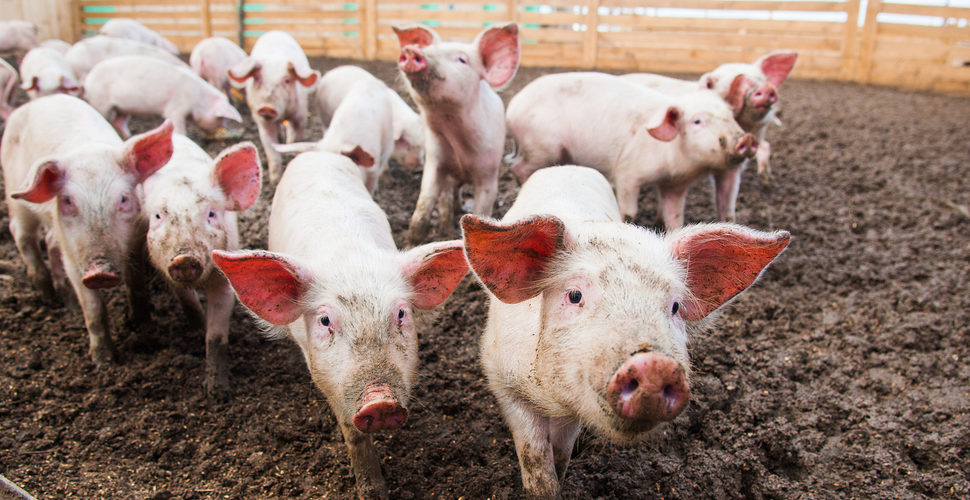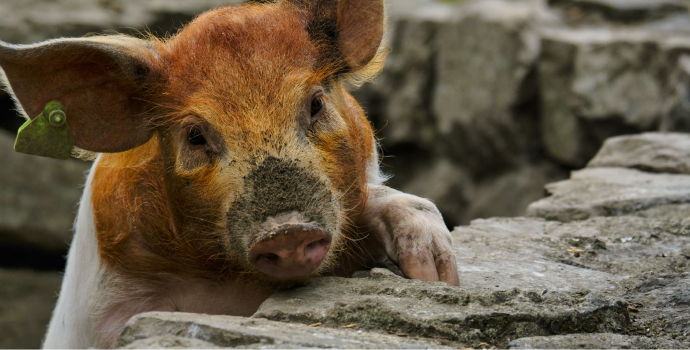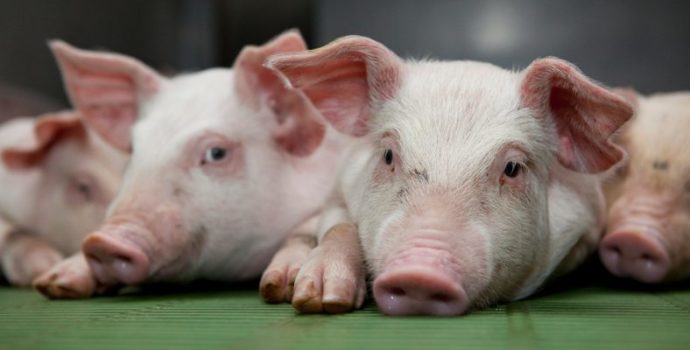Pigs Council Report September 2020

Market Report
Price stabilise but at lower levels.
After the initial price reduction of 32c/kg during April -June the Irish pig price has remained relatively stable at €1.60-€1.64c/kg over the past number of weeks. While it is far below the pre-Covid predicted pig price, it is remains above breakeven and above the EU average price. Mainland Europe has been very badly affected by continuous production restriction due to Covid positive cases in pig factory workers over the summer months. This was particularly evident in Germany, a very important producer and exporter of pig meat. The Tonnnies pig processing group had to close one of the largest pig slaughtering plants in Germany, with the loss of 100,000 pig slaughter throughput for three weeks. This closure along with numerous other smaller plant closures in Germany, France, and Belgium has resulted in a big backlog of fit pigs ready for slaughter. While production has been gradually getting back to full capacity during August, a big backlog of factory ready pigs has given processors an opportunity to cut price. The EU average pig price stands at €1.52 toady (01/09/20) with the German price down at €1.47c/kg.
On the positive side, then worldwide outlook for pigmeat remains very positive, with the fundamentals of the world market remaining unchanged since pre-Covid times. The African Swine Fever (ASF) outbreaks in Asia, particularly China have removed up to 25% of the worlds pig production herd. This is a huge deficit in pigmeat will not be filled quickly and the underlying demand from countries such as China will underpin and good international trade for pigmeat over the next 3-5 years.
Back to the Domestic situation, at current prices of €1.60c/kg, costs are covered, but the investment that is constantly required in order to keep up with ever emerging technology and standards in the worldwide pig sector, will not happen on Irish pig farms. The IFA Pigs Committee will pressurise processors to take a longer-term view on the pricing of Irish pigs and not follow prices down to near EU levels.
DNA Scheme
The IFA DNA traceback scheme continues to monitor compliance levels of Irish pork, bacon and processed pigmeat on both retail shelves and foodservice providers. The IFA testing regime has been focused over a number of years on the main retailers, and been very successful in acting as a “watchdog” to ensure strict compliance and encourage higher use of Irish pork and bacon products. 2020 has seen an increased focus on testing foodservice outlets. Fast-food outlets, sandwich bars and forecourt chains have all been tested and communicated with by IFA. This engagement process is ongoing and will in time deliver an increase in the offering of Bord Bia approve Irish pigmeat products in many foodservice outlets that would have traditionally only offered the lowest cost imported products to customers.
EU Green Deal, “Farm to Fork”
Pig farmers have faced plenty of challenges over the recent number of years, including reduction in antibiotics, ban on zinc oxide , consumer and retailer demands, African Swine Fever, and higher animal welfare interpretations. As if there weren’t enough challenges already, soon pig producers in Europe also face the EU’s ‘Green Deal’.
A summary of the targets of this action for 2030 are:
- To reduce the use of chemical and more hazardous pesticides by 50%;
- To reduce nutrient losses by 50% and fertiliser use by 20%;
- To reduce antimicrobial sales for farm animals by 50%;
- To increase farmland dedicated to organic farming to 25%.
There are many challenges in this new food strategy but with challenges come opportunities. IFA pigs committee are working alongside both Teagasc Pig Department and DAFM to explore possible opportunities for the Irish pig sector to get some competitive advantages in marketing of “Irish Pigmeat” and opportunities incorporate the pig production system into the circular economy in a recognised and sustainable manner.
| Chair | Thomas Hogan |
| Executive | Robert Malone |




